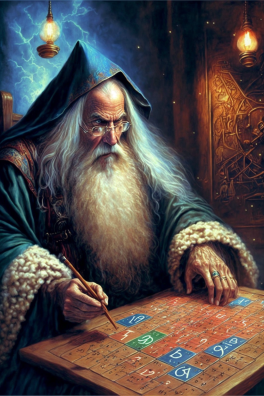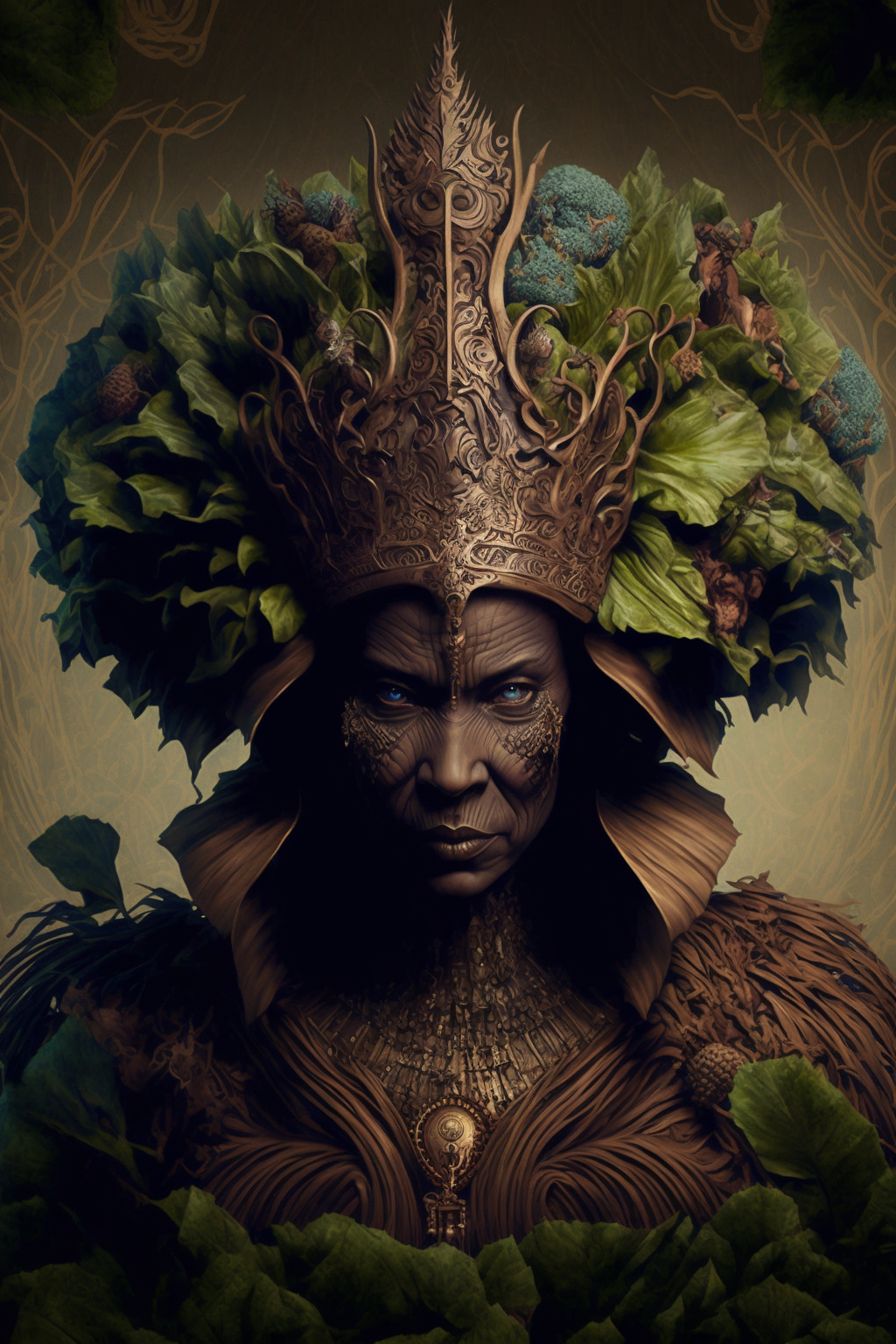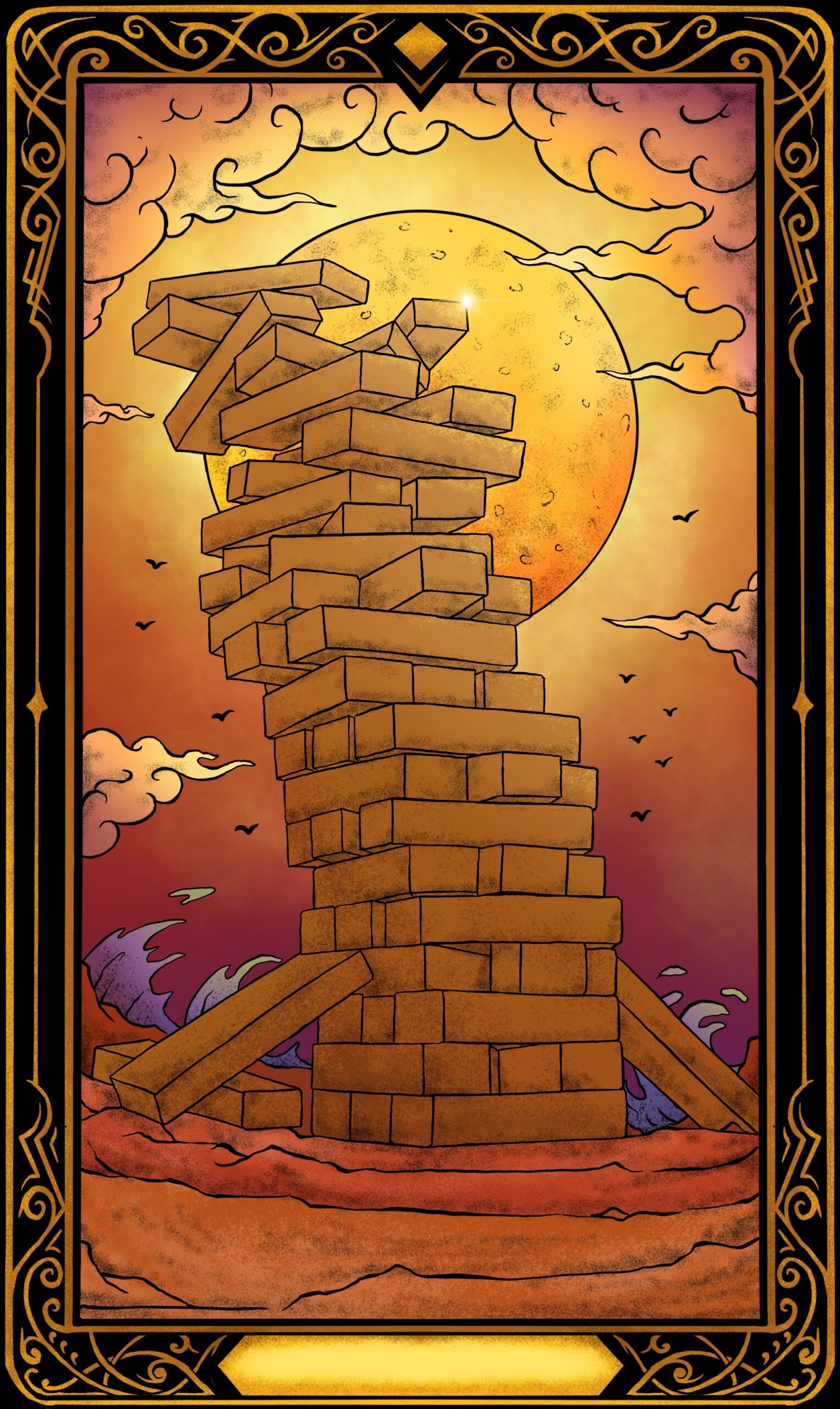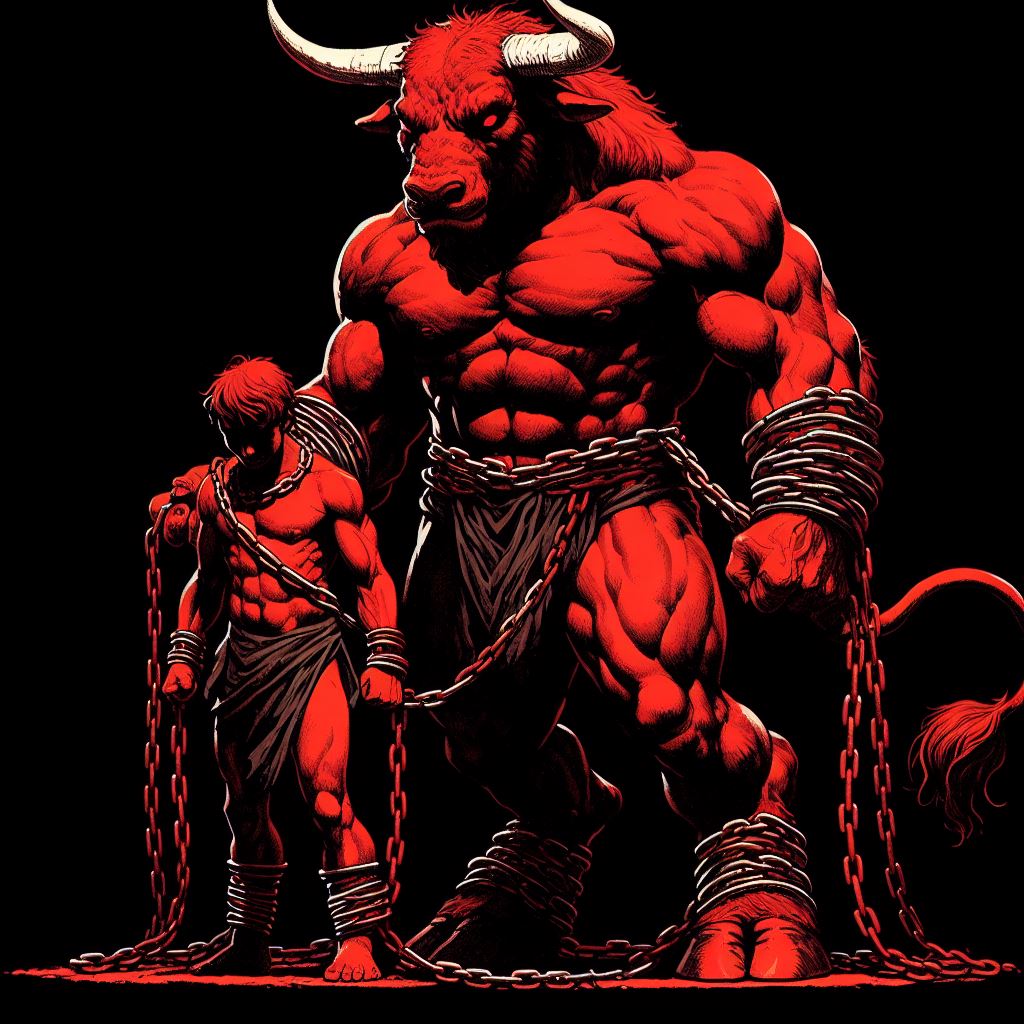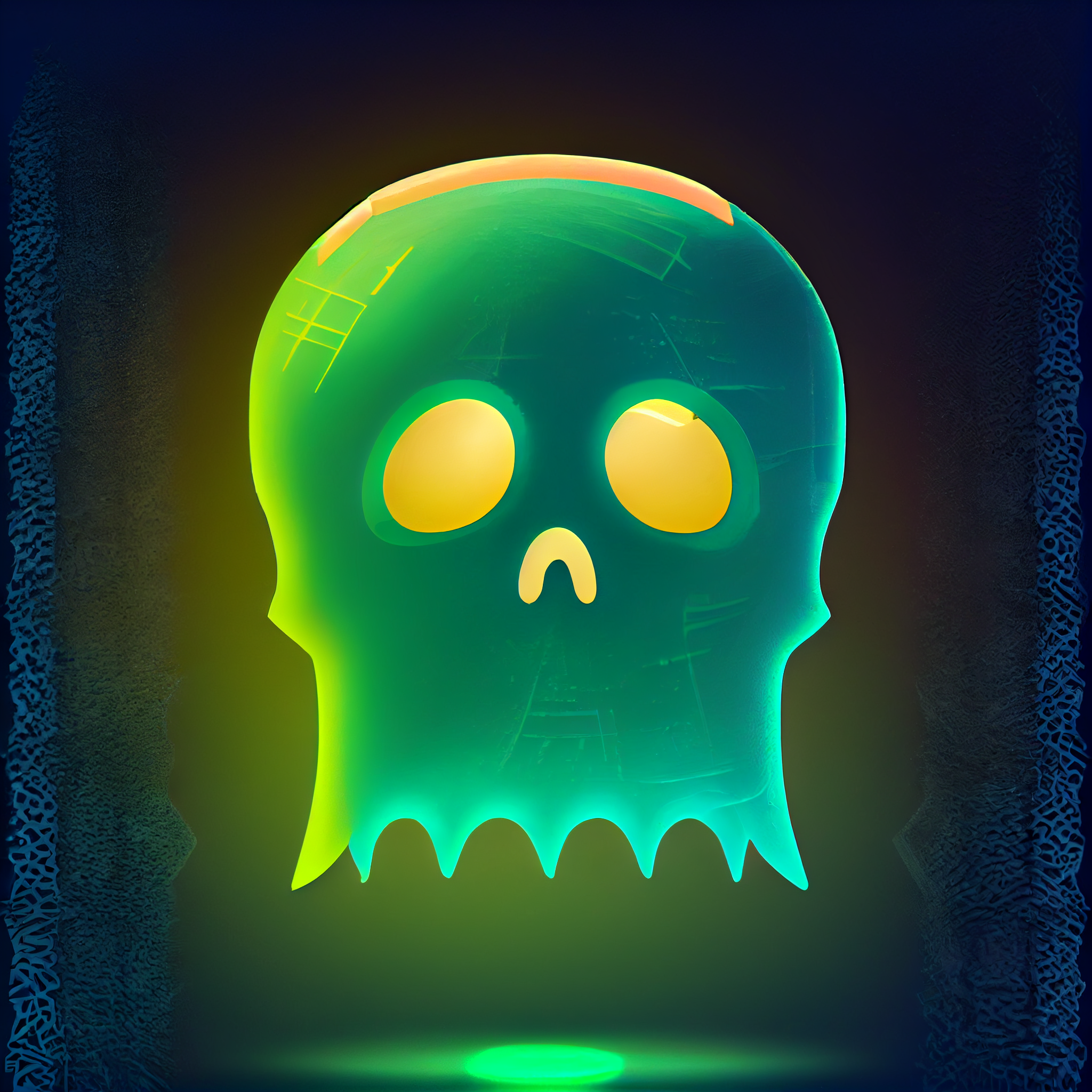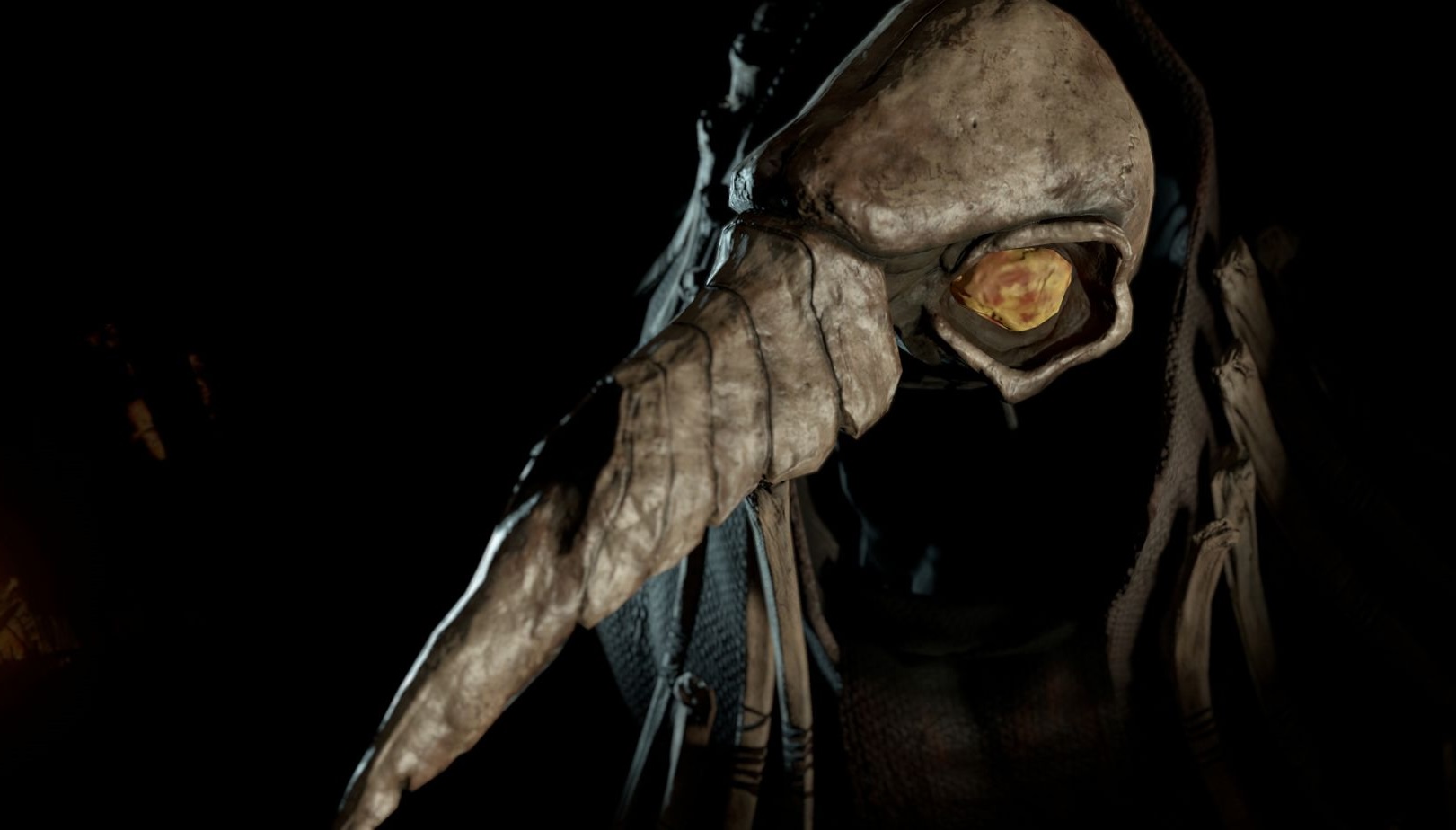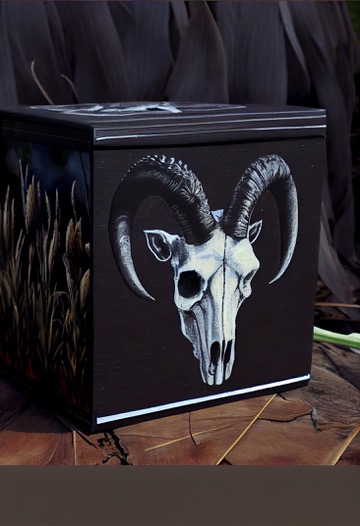The Magician and Poker: Symbolic Parallels in Mastery and Manipulation
The Magician’s tarot card (manifestation, resourcefulness) corresponds more to poker than to any game that literalizes the idea of magic within its theme, though magic: the gathering could have represented the magician well, by virtue of involving cards. the game of poker. The tarot includes four suits—cups, swords, wands, and pentacles—which can be seen as correlates to the modern playing card suits of hearts, spades, clubs, and diamonds. This connection suggests that poker, much like the tarot, engages deeper symbolic and psychological facets.
Historically, poker developed in the early 19th century United States, deriving from various European and Persian card games. Its evolution reflects a blending of cultural influences, mirroring the syncretic formation of tarot practices which amalgamate diverse esoteric traditions. Both systems have transformed over centuries, influenced by societal changes and expanding globally, impacting wide-ranging cultures and contexts.
A poker player embodies The Magician’s traits, utilizing available resources—cards, bets, player behaviors—to strategically influence gameplay and outcomes. This mirrors The Magician’s act of wielding elements within the physical world to manifest desired outcomes. Poker requires not only an understanding of the probabilities inherent in the deck but also a psychological acumen to read opponents, a direct echo of The Magician’s dual focus on the material and the mystical.
The tableau of a poker game is a dynamic interplay of skill and chance. Players, akin to magicians, attempt to control their environment with a limited view of the variables at play. Each decision at the poker table involves calculated risks and psychological manipulation, striving to achieve a favorable resolution from the randomness of the dealt cards.
In this analysis, poker can be seen as a modern secular ritual akin to the tarot’s divinatory practices. Both frameworks provide a structured environment where individuals explore and influence outcomes through symbolic interaction. Players and tarot practitioners alike navigate systems laden with inherent uncertainty, using skill to impose order and derive meaning.
Therefore, the game of poker can be viewed as a contemporary reflection of The Magician tarot card. Both are practices through which individuals exercise control and manifest changes by engaging with complex systems of symbols and actions. Through poker, as in tarot, participants explore themes of fate, strategy, and the interplay between chance and skill, each drawing on deep cultural reservoirs of symbolism and action.
